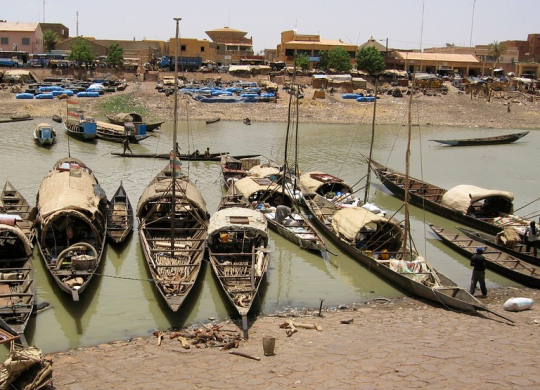Healthcare in Mali: insurance for tourists and medicine in the Republic
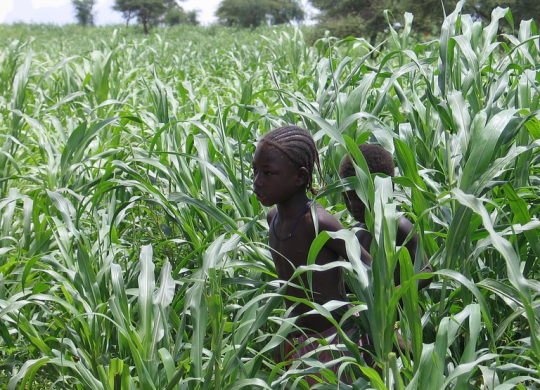
The Republic of Mali is one of the poorest countries in the world, located in northwest Africa. The northeastern part of the republic is controlled by the Ansar al-Din group, which is strongly tied to al-Qaeda.
Mali is one of the world's least developed countries, with more than 60 percent of the population without medical care. There are large clinics in the central cities, while most villages do not even have a polyclinic. The local population (22.5 million) receives the main part of its medical care from the Red Cross Society. Throughout the whole country, only one town has a medical school, and that is the city of Bamako.
However, despite all the problems, the country is being helped by the Aga Khan Foundation (AKF), which is implementing various projects in the healthcare system of the Mopti and Djenné districts. The foundation has provided the services of an architect and a builder, with the help of which residents have rebuilt around 100 maternity homes on their own. In addition to the maternity hospitals, more than 100 residents have received medical training at the Foundation's centre and are now certified, medical professionals. There is a shortage of qualified doctors in other regions of the country.
Medical care in Mali. What should a tourist know?
The health inspectorate, which carried out an audit in 2021, indicated in its report that 65.3% of medical institutions in Mali are operating without authorization. Half of the staff in these institutions are unqualified. Medical care in the republic is paid for, and the choice of medicines is sufficient. There are first aid centers, public and private hospitals, and polyclinics in the country's major cities.
Public sector
Most types of medical care are provided in the public sector, and the supply of medicines and drugs is sufficient. There are about 15 doctors per 100,000 inhabitants in the country. State-run medical centers are not in very poor condition.
Private sector
There are private medical centers in most large cities, but the medical practice is underdeveloped and most facilities still operate without a license.
Private institutions are rarely used, i.e. the majority of the republic's population is poor. Not all private clinics will provide quality treatment, but you have to pay a lot for it.
Pharmacies
Pharmacies operate behind public hospitals in large cities, even at night. It will be difficult to find a pharmacy in remote areas of big cities, let alone a suitable medicine. In villages it is impossible to find a pharmacy, there are only a few settlements with a pharmacy next to a polyclinic.
Important subtleties
• In most settlements, the health care system is limited.
• Hygiene standards are at a very low level.
• 39% of the population has no regular access to clean drinking water.
• Before visiting, it is advisable to be vaccinated against many infections and diseases common in the country.
• Not all pharmacies have the necessary medicines and preparations.
• A large number of medical facilities without a work permit.
• The country has a difficult sanitary and epidemiological situation.
Medical insurance
Private and public medical centres cooperate with international insurance companies that focus on working with medical risks for tourists so that tourists can obtain an international health insurance plan for travel to high-risk destinations. The policy should cover all medical costs abroad, which is something to look out for.
For your safety, find out whether your insurance company will pay medical providers or reimburse you for healthcare costs. By the way, you can select and arrange the application for the appropriate health insurance on our website.
Recommended articles
3 min
Treatment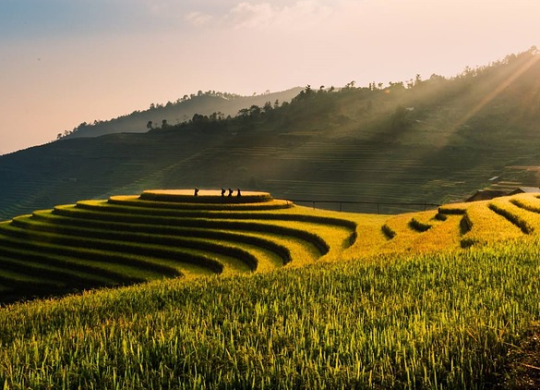
4 min
Treatment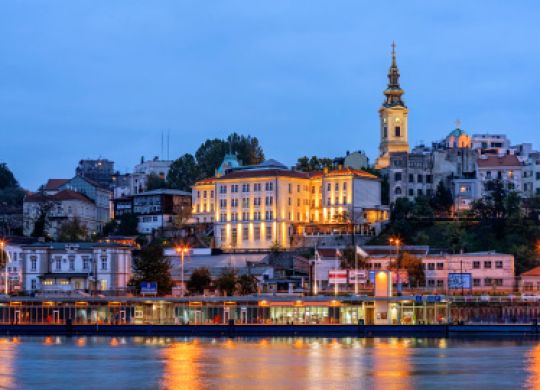
5 min
Residence permit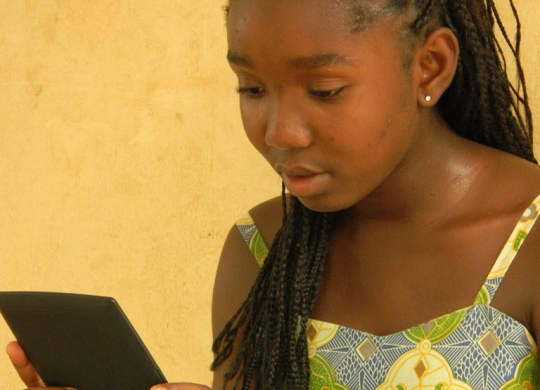
All materials and articles are owned by VisitWorld.Today and are protected by international intellectual property regulations. When using materials, approval from VisitWorld.Today is required.
